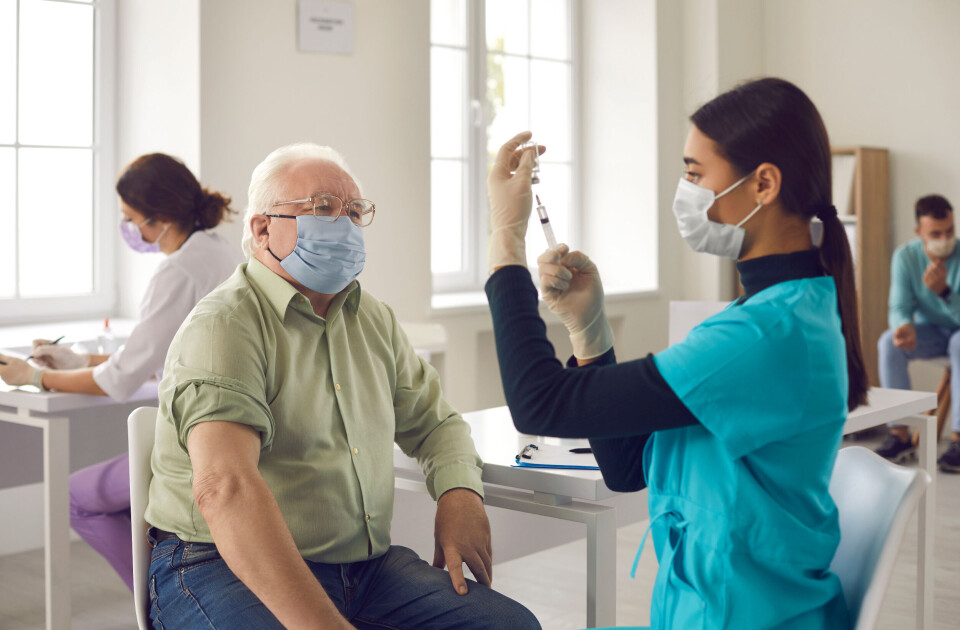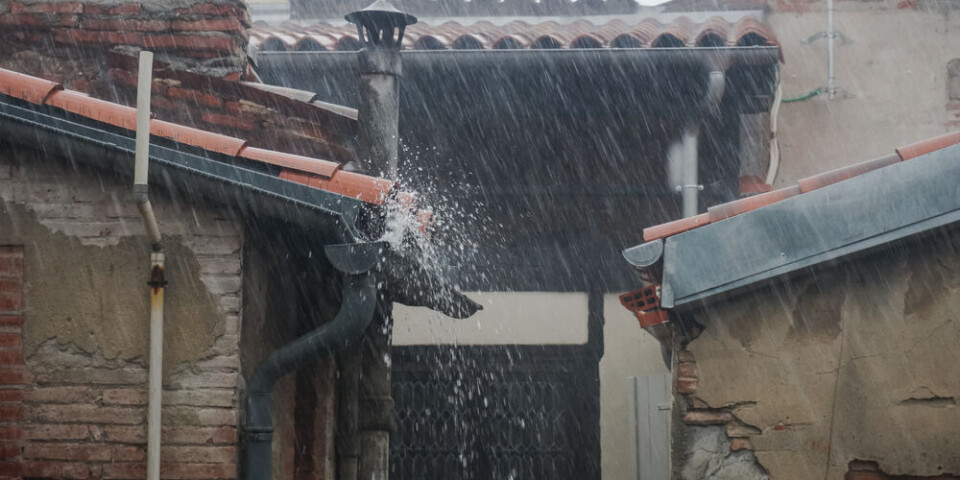-
French mayor criticises German border checks as cars and trains stopped
The new checks negatively affect those who cross border to work or study
-
Storms in south, sun in north: French weekend weather outlook May 10 - 11
Hail is expected in the south-west on Saturday
-
Wild boar increasingly present in French communes: What to do if you see one
There has been a sharp rise in the number of boar in recent years
Third Covid dose vital, future doses may be needed, French senate told
Priority now must be getting older people and medical workers in France fully vaccinated, said the president of the official government advisory body on Covid adding that the idea of sending third doses to developing countries was ‘scientific heresy’

The third dose of the Covid vaccination is vital and in the future we may need new vaccinations, Jean-François Delfraissy, president of the official government advisory body on Covid, told the Senate today (December 8).
He said there are limits to the messenger RNA type vaccination used by both Pfizer and Moderna because “we have seen they lose efficiency over time. We need new vaccinations of a second and third generation.”
He added that after two doses of an RNA vaccine your immunity to severe cases of Covid is between 70-80% but that this decreases to 30% after five to six months hence the importance of having a booster dose. Equally, he said he cannot rule out at this stage the need for a fourth dose (or more) in the future
Mr Delfraissy, head of the Conseil scientifique, was being questioned by the Senate Commission for social affairs on the speed of the fifth wave which continues to hit France.
On December 7, over 59,000 new cases were reported in France.
Read more:France announces six new Covid measures in bid to combat fifth wave
He said he is against the third dose being sent to developing countries: “It is a scientific heresy. I absolutely do not agree with the WHO [World Health Organization] on this matter. It is a political and not a health point of view.”
He says that if we do not want to lose out on the benefits of the vaccination programme so far, there must be a third dose in northern [hemisphere] countries.
“We have a not insignificant number of 80 year olds, 300,000 or 400,000 who are not vaccinated. We must continue to go to them to try and convince this elderly population that with the arrival of the new variant there is an additional argument for them to be vaccinated.”
The Conseil Scientifique, he said, was also putting across a “very strong message” to health workers to take up the third dose and that the means to do so should be put in place.
At present only 30% [of the health workers] have had the third dose, and that this was not nearly enough: “they need to protect themselves, protect the patients they are looking after, and protect families.”
He agreed that a third dose did not entirely prevent someone from getting the virus but it significantly diminished the risk. He says this has been shown by statistics from Israel.
In response to a question about the necessity of a fourth dose, Mr Delfraissy said it is a possibility, though at present he said, we do not know how long the third dose will remain effective, so it is impossible to know when and if it might be necessary.
On vaccinations for children aged 5-11, he said that if they are approved, the Conseil scientifique would not wish them to be compulsory or part of a health pass for children because this would “be the best way to make people run away from it,” but they would recommend it.
The health authority, La Haute Autorité de Santé will make its recommendation in the next ten days, he said. French scientists are waiting to receive results from the US where the vaccination programme for 5-11 year olds started three weeks ago.
In schools, he said there could be systematic testing from January, something that the Conseil scientifique, he said, had already been in favour of since September, but that it was up to the government to decide.
However, he said that “this crisis will not be solved by vaccination alone,” and that the health barriers are very important.
Related articles
Calendar: When do France’s new Covid rules to fight the fifth wave begin?
Covid: What will Christmas in France be like? This is what experts say
How can I use Covidliste to find a vaccination appointment in France?
























